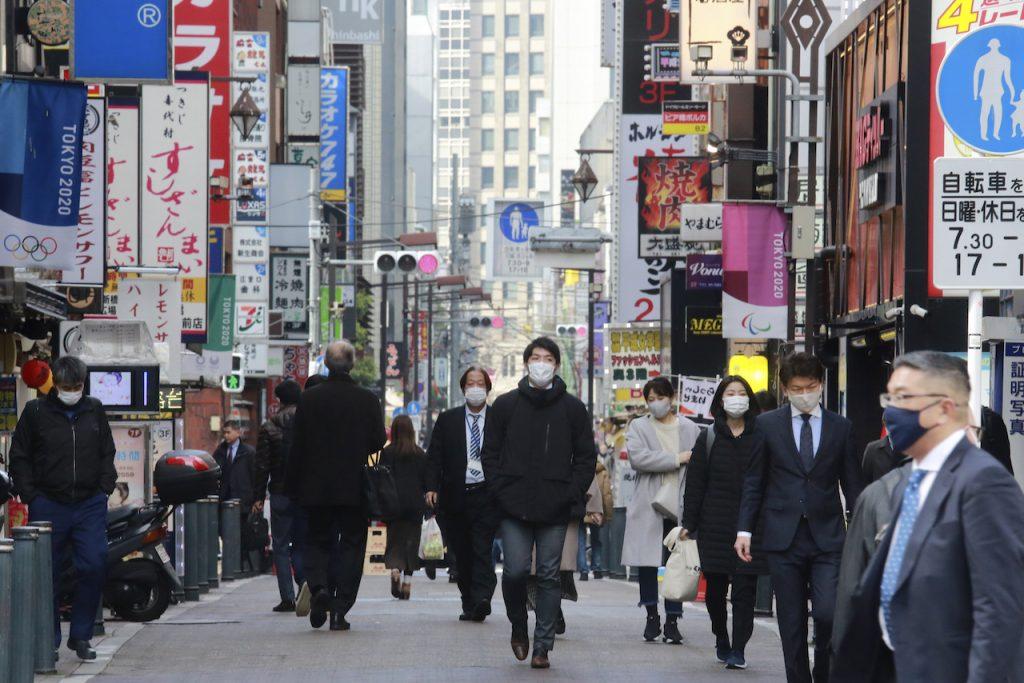Same-sex marriage ban unconstitutional, Japan court finds
Japan is the only country in the G7 group of developed nations that does not allow same-sex marriage.
Just In
In a landmark decision, a district court in Japan has ruled that the country’s failure to recognise same-sex marriage is “unconstitutional”.
Japan’s constitution, put in place after the end of World War II, defines marriage as one of “mutual consent between both sexes” which is taken to mean a man and a woman.
But the Sapporo District Court said sexuality, like race and gender, is not a matter of individual preference, therefore prohibiting same-sex couples from receiving benefits given to heterosexual couples cannot be justified.
“Legal benefits stemming from marriages should equally benefit both homosexuals and heterosexuals, the court said, according to a copy of the summary of the ruling reported by the Associated Press.
The ruling is seen as a victory for LGBTQ activists.
Japan is the only country in the G7 group of developed nations that does not allow same-sex marriage.
The case was the first of several brought to district courts in various parts of Japan by a group of same-sex couples who are seeking damages for mental suffering.
The court, in the capital city of the northern Japanese island of Hokkaido, rejected the compensation claim of one million yen (US$9,000) per person for being denied the same rights as heterosexual couples but found that not allowing them to marry was unconstitutional.
The government has said same-sex marriage was not foreseen at the time the constitution was written but lawyers for the plaintiffs said the phrasing was actually meant to prevent forced marriages, and that there is nothing in the constitution that explicitly prohibits gay marriage.
The court is the first to give its verdict, and its ruling is expected to have a significant impact on the cases coming before other courts.
However, even if all district courts declare same-sex unions constitutional, the legalisation of same-sex marriages is not guaranteed.
In Japan pressure to conform is high and emphasis is placed on fitting in.
However, this is slowly changing. Since 2015, some local authorities in Japan already issue “partnership certificates” for same-sex couples, but they are not legally binding, so they don’t grant them the same rights as married couples.
Today, though the Sapporo court rejected the compensation claim, many activists say the ruling is nevertheless a triumph.
Ryosuke Kunimi, one of the plaintiffs, said after the ruling, “I could not stop crying.”
Activists point out that conservative attitudes towards homosexuality remain, and many LGBTQ Japanese still do not dare to come out to their friends and family.
However, recent polls indicate that the majority of younger Japanese favour same-sex marriage, and the latest ruling is considered by many as a win for marriage equality.
Subscribe to our newsletter
To be updated with all the latest news and analyses daily.
